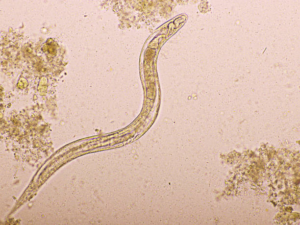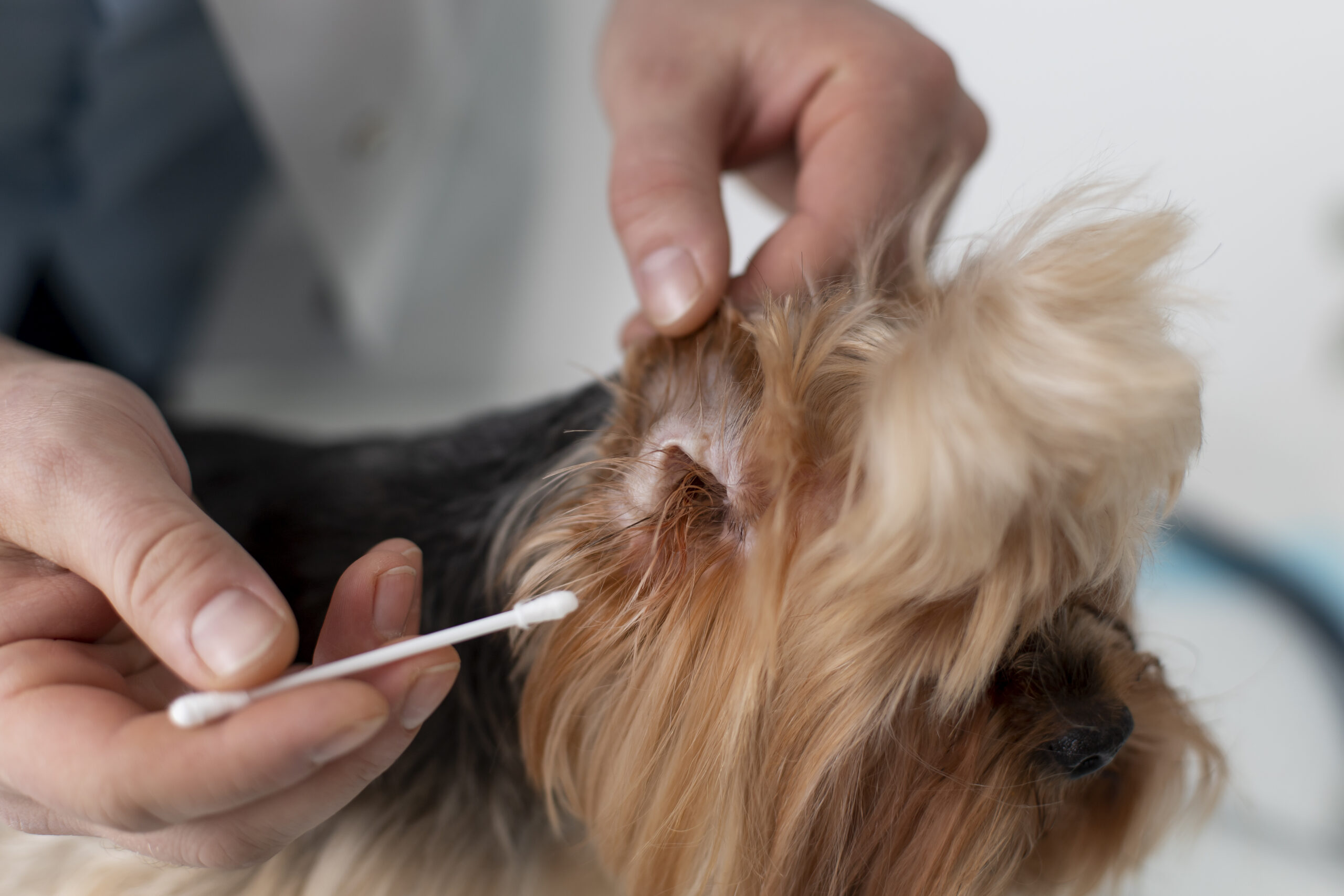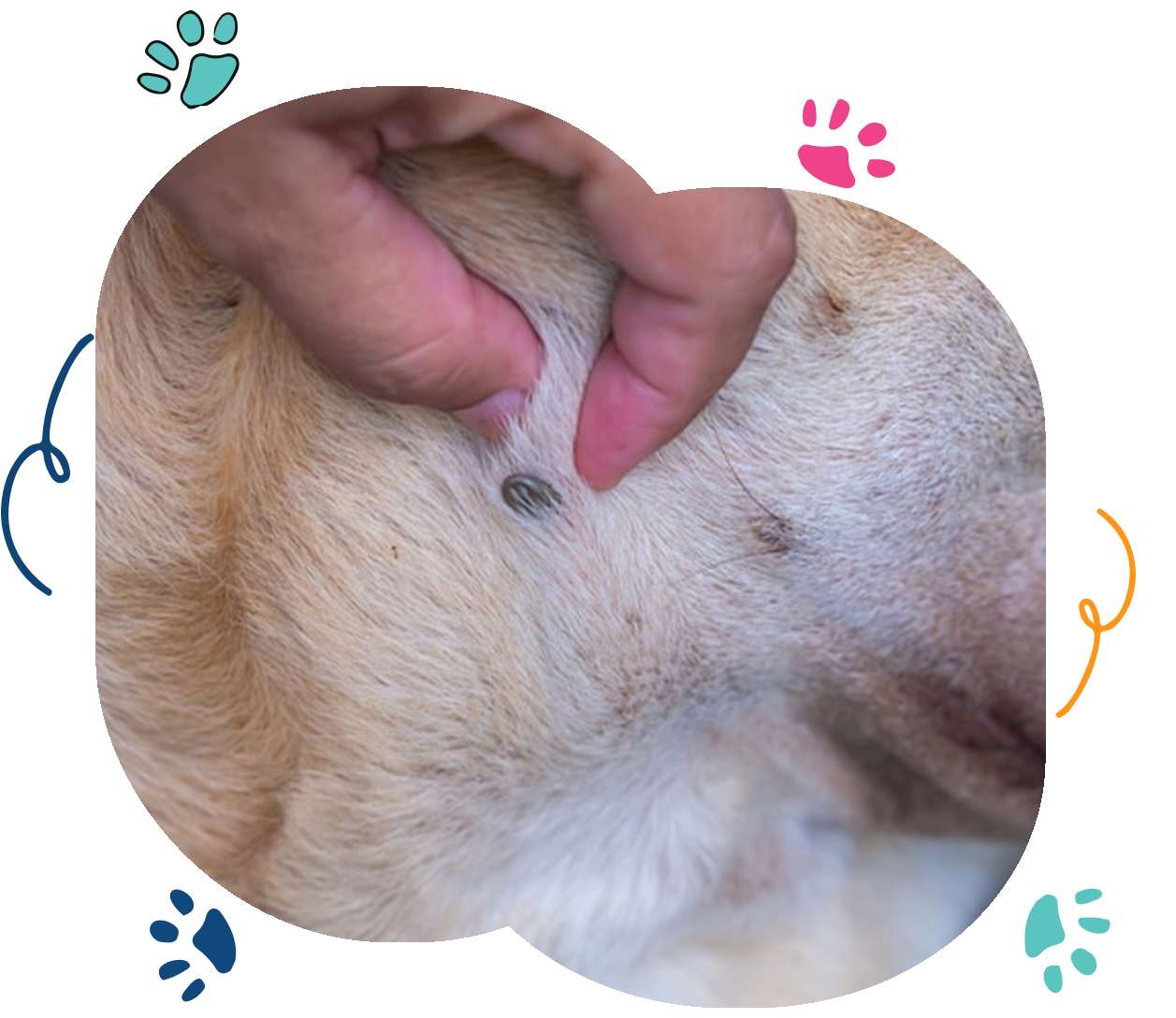Our four-legged companions hold a special place in our hearts, providing unconditional love and companionship. However, like humans, dogs are susceptible to various health concerns; among these is heartworm disease caused by Dirofilaria immitis parasite that can slowly infiltrate a pet’s life and negatively impact their well-being. This article discusses the world of heartworms, examining how do dogs get heartworms and exploring prevention measures against their threat.
What are Heartworm Parasites?
Heartworm disease is caused by Dirofilaria immitis worms in dogs, commonly called heartworms. They are typically transmitted through mosquito bites and serve as intermediate hosts before adulthood. They inhabit an infected dog’s heart, lungs, and associated blood vessels, causing serious harm or even fatality if left untreated.

How Do Dogs Get Heartworms?
Mosquitoes are the unsung vectors of heartworm disease. They transmit infective larvae from one host to the next through bites from infected dogs and eat blood with microscopic heartworm larvae inside their belly. Over a 10- to 14-day period, these developing and maturing larvae begin to reproduce within their host’s body to become infective larvae that spread disease further along the way.
When an infected mosquito bites a healthy dog, its infected larvae enter through bite wounds into their body through their bite wound and start their journey, which can eventually lead to heartworm disease in that pet. Note that heartworm disease does not spread directly between dogs.
There are many other factors as well that increase a dog’s risk of heartworm disease:
- Geographic Location: Heartworm disease prevalence differs by region, with warm and humid environments providing ideal breeding grounds for mosquitoes that spread the infection more readily, increasing risk in these regions for dogs living there.
- Lack of Prevention: Dogs not on preventive medications are highly vulnerable to heartworm infection. Preventive measures interfere with different stages of the parasite’s life cycle and help block its establishment in its host.
Life Cycle of Heartworm Parasite
Understanding the life cycle of heartworms is critical to understanding how do dogs get heartworms. The cycle has several steps:
- Microfilariae Stage: Adult heartworms living within an infected dog’s heart release microscopic offspring called microfilariae into its bloodstream, where mosquitoes then pick them up by sucking up blood from it during a bite and sucking up these immature offspring along with them – beginning the cycle all over again.
- Mosquito Stage: Once inside a mosquito’s body, microfilariae develop into infective larvae within two weeks and migrate toward its mouthparts, where they will be transmitted to another host.
- Transmission Stage: When infected mosquitoes bite a healthy dog, they deposit their infective larvae onto their skin, infiltrating through bite wounds into the bloodstream via bite wounds and further spreading disease throughout their bodies.
- Larval Migration: Over several months, larvae will migrate through your dog’s tissues until they reach their heart and blood vessels, developing into adult heartworms and causing irreparable harm to vital organs.
- Adult Heartworms: Adult heartworms can reach one foot long and reside within the heart and pulmonary arteries, disrupting blood flow and possibly leading to potential heart failure.
How to Protect Your Dog Heartworm?

Prevention of heartworm disease, which can be silent yet potentially lethal, is key for responsible pet ownership. Many preventive options exist:
- Monthly Tablets/Chews: These medications should be given orally every month and work by suppressing immature larvae that enter through mosquito bites into your dog’s body, thus preventing their maturation into adult heartworms.
- Injectable Preventives: For maximum coverage against heartworms and to avoid multiple dosing sessions each month, veterinarian-administered injections offer continuous protection, and this solution requires no monthly administration requirements.
- Topical Solutions: Topical treatments apply directly to a dog’s skin and absorb into its bloodstream, preventing heartworm development.
- Regular Heartworm Testing: As part of any preventive plan, regular heartworm infection testing should still occur to provide timely intervention if an infection arises. Early detection allows for timely intervention if detected.
What should I know about heartworm testing?
Heartworm disease is a progressive illness. Early detection increases the chances of recovery for infected pets; unfortunately, there may be few early symptoms to indicate their presence. For this reason, a heartworm test administered by your veterinarian is important in detecting them quickly and reliably.
A small blood sample will suffice; these tests detect proteins produced by heartworm larvae in your pet’s system – either directly in their hospital or via a diagnostic laboratory sending it out for processing. In either case, results are returned quickly, so further testing may be ordered if necessary; if they test positive, further diagnostic testing may follow shortly after that.
When should my dog get tested?

Dogs should be tested yearly for heartworm infection, which should take place as part of preventative care visits for preventative purposes. Below are guidelines regarding testing frequency:
- Puppies under seven months can begin heartworm prevention without first being tested (at least six months for infected dogs to show positive). However, they should be tested six months after the initial visit and then every six months to ensure they remain heartworm-free.
- Adult dogs over 7 months of age who have not been on heartworm prevention must first be tested before beginning prevention. They should again be retested 6 and 12 months later and annually.
- If there has been any gap in prevention (more than one late or missed dose), dogs must be tested immediately, then again six months later, and annually after that.
- Annual testing is vital even if your dog is on year-round heartworm prevention to ensure its effectiveness. While medications are highly effective, dogs can still become infected if you miss one dose or give it late; even when taking as prescribed, your pup could spit out pills or rub off topicals they are exposed to despite giving proper doses as recommended.
While preventives are highly effective and 100 percent reliable, you need testing to know when treatment may be required, and that could cost more time and money than actually treating your pup if the need arises!
Conclusion
Heartworm disease can be a silent killer for our canine companions. Gaining insight into its transmission and lifecycle provides insight into preventative measures we can take. With regular check-ups, preventive medications, and restricting mosquito exposure, we can ensure long, healthy lives for them free from heartworm infection – not to mention stronger bonds between us!







